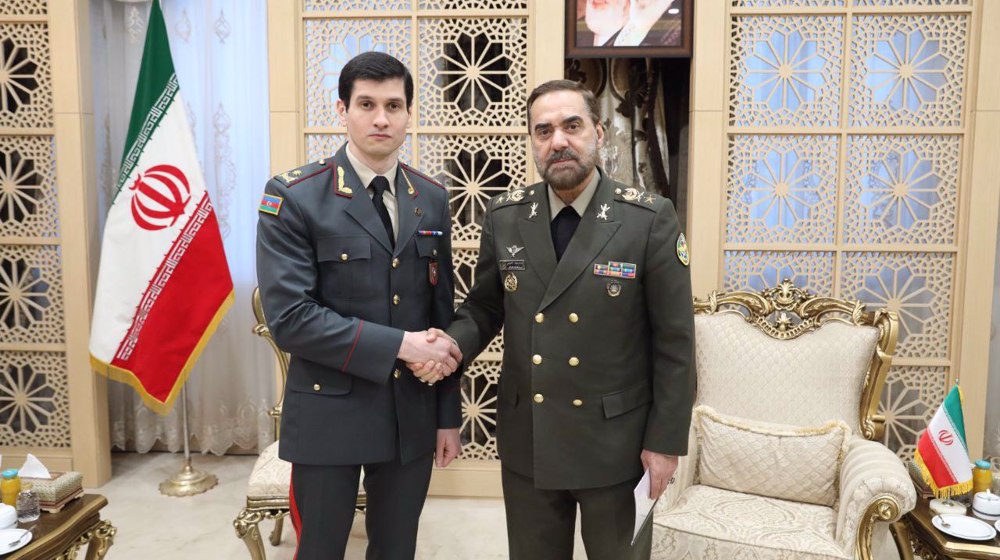Thai protesters in Bangkok call for ‘right to shelter’
Thai protesters have defied a ban on public gatherings and taken to the streets of the capital Bangkok, calling on the ruling junta to address land rights and housing needs of the working class.
Police sources and organizers of the Monday rally said the protest was one of the biggest gatherings since the May 2014 military coup, which toppled the government of former Thai prime minister, Yingluck Shinawatra.
The protesters marched near the regional United Nations headquarters while waving flags and holding placards.
They handed a petition to the UN office and then headed towards the nearby Government House, where the offices of the prime minister and government ministers are located.
“We came today so that the government can fix the land problems and land rights of poor people throughout the country,” said Somneuk Phootnuan, a rubber farmer.
The gathering was held despite a ban on political gatherings in the country.
However, the protest leaders claim the gathering was organized to mark the annual UN World Habitat Day on the first Monday of October. The occasion honors the basic right of all human beings to adequate shelter regardless of any particular political agenda of the left or right.
In another development, the ruling junta general’s government introduced on Monday the establishment of a new anti-corruption court, which policy experts say aims “to show that they are making good on their promise of cracking down on corruption.”

The “symbolic move” by the government is meant to garner positive public opinion, said Weerasak Krueathep, a public-policy expert from Thailand’s Chulalongkorn University.
The Central Court for Corruption and Misconduct - with 10 panels, one president and three vice-presidents - will handle cases related to graft and malfeasance involving government officials and state employees, local media said.
The special court will initially try 70 cases related to corruption and malfeasance in which officials are involved, reports said, adding that “collusion, bribery and neglect of duty” will be addressed in the court as well.
Since the military takeover in May 2014 from Yingluck Shinawatra, the junta has imposed nationwide martial law, banning political gatherings of five people or more. It also ordered security-related offenses to be handled by military courts.
Last November, the army said that Thailand’s martial law will remain in place “indefinitely,” adding that the law does not violate anyone’s rights.
The Thai army has been criticized for its harsh repression of anti-coup protests.
Diplomat discourages recourse to pressure, intimidation, confrontation against Iran
UN: 2024 deadliest year for aid workers amid genocide in Gaza
Gaza health official warns of hospital shutdowns within 48 hours
Israel kills 5 more paramedics in southern Lebanon: Health ministry
Iran to launch ‘new, advanced’ centrifuges in response to IAEA resolution: AEOI
Yemen fires hypersonic missile at Israeli airbase
VIDEO | New Delhi chokes under toxic smog as air quality remains at hazardous levels
VIDEO | Press TV's news headlines















 This makes it easy to access the Press TV website
This makes it easy to access the Press TV website